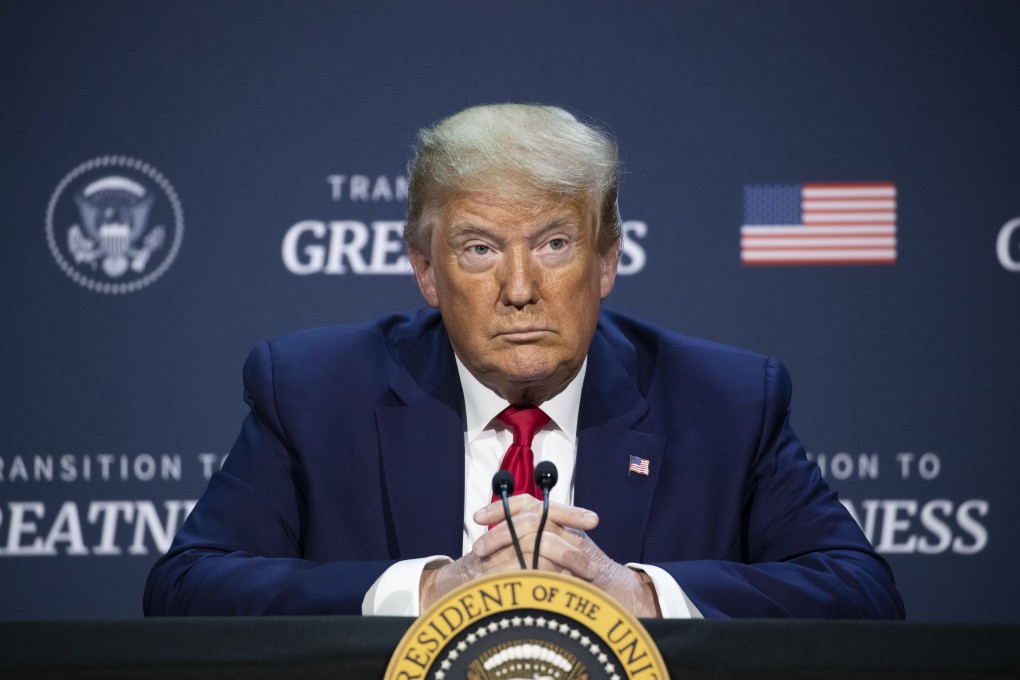Editorial | A dangerous game that may end in disaster
- Stepped-up military activity by China and the United States has dramatically increased the possibility of confrontation. Top officials must weigh whether the risks of their actions are the best way to attain their goals

US President Donald Trump, campaigning for re-election in November and under fire for his handling of the Covid-19 crisis and race unrest, has every reason to distract voters and pressure Beijing. His anti-China rhetoric has been dramatically raised in recent months and Taiwan and Hong Kong have been part of his focus.
Where in the past US military ships and planes quietly entered or came near to Chinese territory, now their presence is being made public. The US Navy transport plane that took off from an American base in Okinawa on Tuesday and flew over Taiwan from its northwest coast to Tainan in the south and then on to Thailand had its transponder system turned on to ensure it was visible to Chinese observers. Such manoeuvres serve as a warning to Beijing and test its reaction. They are also proof of deepening relations between Washington and Taipei.
US Air Force planes have flown over Taiwan before, but their missions are rarely confirmed by officials on the self-ruled island. A US Navy vessel sailed through the Taiwan Strait on June 4, the seventh such transit this year. The action came as the People’s Liberation Army was staging amphibious landing and navel drills, seen as targeting Taiwan, off the coasts of Fujian and Guangdong provinces. PLA units have also increased naval and aircraft operations in the vicinity of Taiwan this year.
Taiwan’s independence-leaning leader, Tsai Ing-wen, may consider the US provocations helpful support. But Taiwanese have the most to lose should conflict flare between the US and China. Top officials from China, Taiwan and the US have to weigh whether the risks of their actions are the best way to attain goals.
